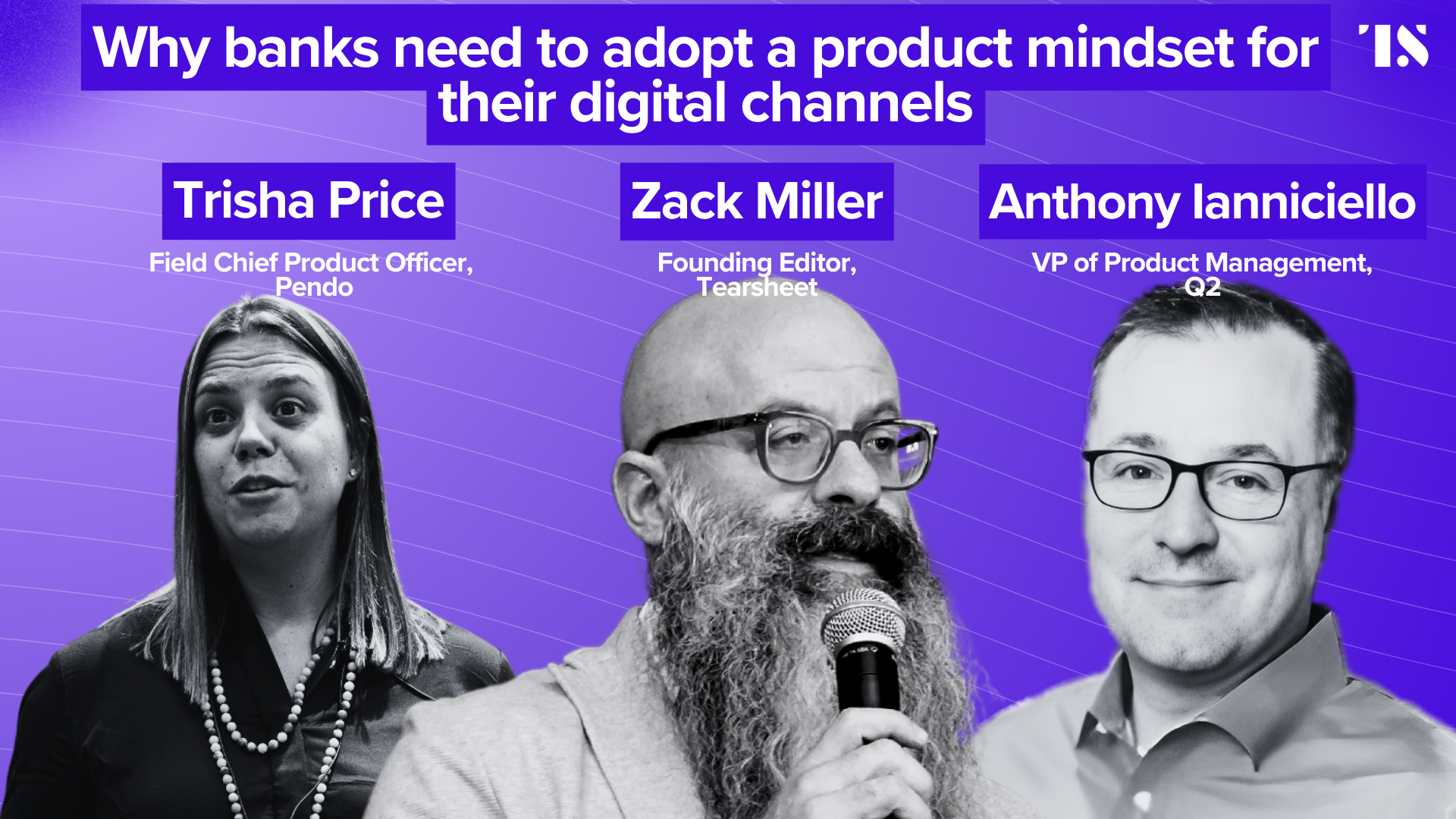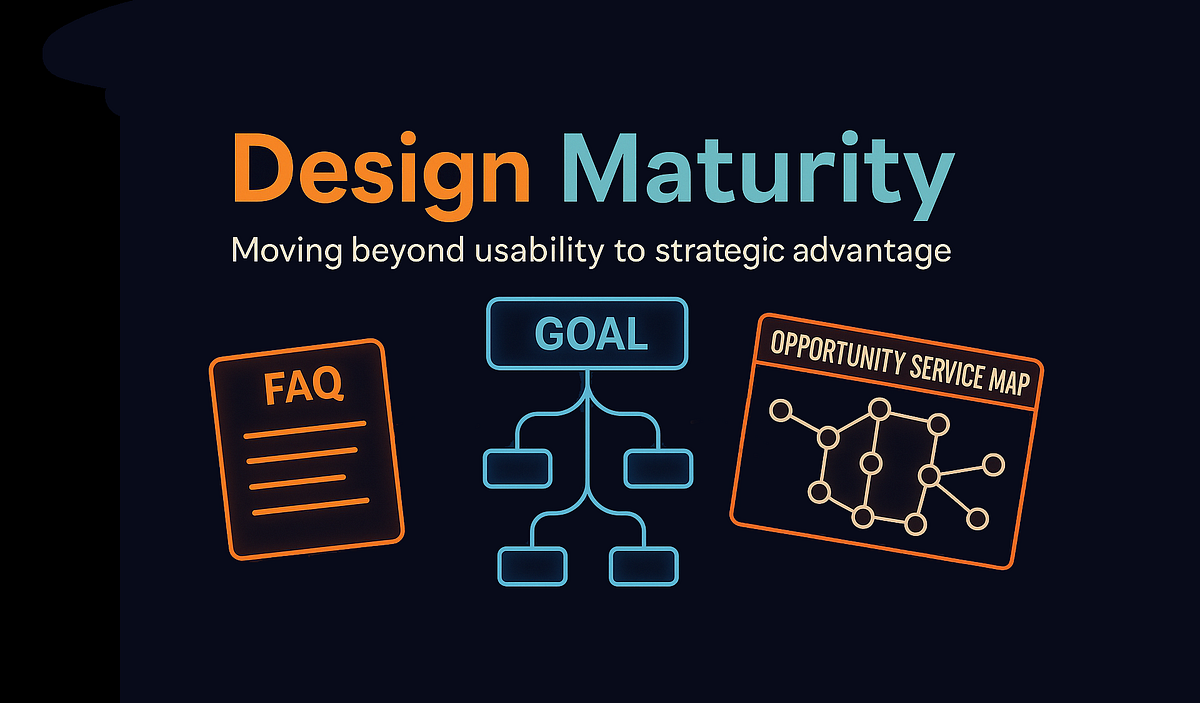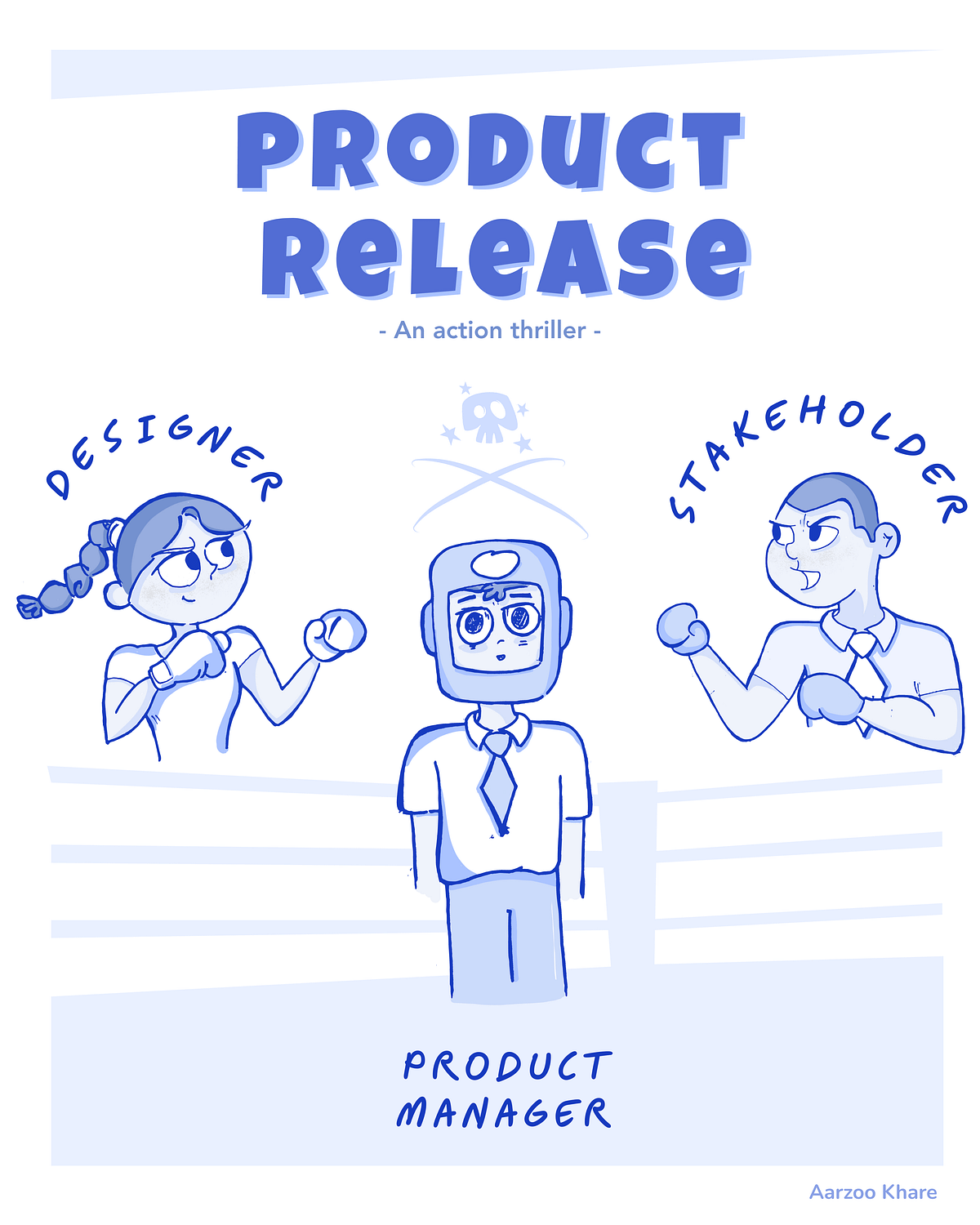#product-management
#product-management
[ follow ]
#software-development #decision-making #vibe-coding #product-development #design #entrepreneurship #ai
Careers
fromBusiness Insider
17 hours agoA software engineer of 8 years quit her career to go back to school and switch fields. These 3 steps helped her pivot successfully.
Harshita Pal moved from senior software engineer to senior product manager by getting an MBA, interning at a Big Tech company, and learning product skills.
fromwww.theguardian.com
1 week agoPoliticians should take a tip from product managers and treat U-turns' as iterations | Letter
Kemi Badenoch's recent ridiculing of the prime minister over a supposed U-turn on digital ID plans (Keir Starmer denies change to digital ID plan is yet another U-turn, 14 January) is the latest example of a frustratingly narrow view of leadership. To the Conservative leader, adapting a policy is a sign of no sense of direction; to those of us who work in product management, it looks like necessary iteration of the process.
UK politics
Women in technology
fromBusiness Insider
3 weeks agoI was a pro tennis player who pivoted to tech in my 30s and rose to the C-suite. Here's my advice for anyone wanting to switch careers.
Louise Allen leveraged her professional tennis background to shape her product leadership, emphasizing transferable skills, intergenerational teams, and resilience in tech career transitions.
fromSearch Engine Roundtable
3 weeks agoMicrosoft Hiring Senior Product Manager To Fight Spam On Bing & Copilot
Fabrice Canel, Principal Product Manager at Microsoft Bing, wrote on X, "We're hiring a very Senior Product Manager!" He added that "spam is killing trust in AI & search." "Own the fight: reduce spam across Copilot, Bing & the web using AI/ML at internet scale. Protect millions of users, brands & the AI ecosystem. Join us & build a cleaner future," he added.
Artificial intelligence
fromBusiness Insider
1 month agoRippling's product chief says this is why he deliberately understaffs every project
Everyone is constantly asking for more resources, Of course, where we can afford to and where it's appropriate, new resources arrive, but it is really important to me that we feel that we've deliberately understaffed every project at the company.
Startup companies
fromBerlin Startup Jobs
2 months agoJob Vacancy: Founding Product Manager (AI-First) F/M/D // Tekkr | Product Management Jobs | Berlin Startup Jobs
Our mission: What if... your work empowered tech teams across the world? Software helps address the world's biggest challenges from climate crisis to inefficiency in governments. However, many companies and teams are bogged down by their own inefficiencies and struggle to develop technology effectively. Tekkr's mission is to empower tech teams and their leaders to achieve their full potential! Join tekkr and become a positive multiplier for techies across the globe!
Software development
Startup companies
fromblog.logrocket.com
3 months agoTools and tactics for staying organized as a product manager - LogRocket Blog
Combine qualitative insights with quantitative data, realistic AI use, team trust rebuilding, and clear storytelling to create authentic product value and early-stage alignment.
Education
fromUSA Today
3 months agoVeterans Week: AgileDad and Pivot Agility Offer Free Online Career Training for U.S. Military and Veterans
Free, fully sponsored live online Agile and product training courses are offered tuition-free to active-duty U.S. military, reservists, and veterans during Veterans Week.
Artificial intelligence
fromBusiness Insider
3 months agoDuolingo's ex-head of product says the best performers are not always the people with deep experience
High agency, adaptability, and energy outweigh deep prior experience for top performance in fast-changing AI environments; experience can become a crutch.
fromFast Company
4 months agoStop hiring product managers like project managers
Companies are hiring armies of people with "product manager" on their business cards, but they're treating them like project management with better vocabulary. Frankly I see it a lot with enterprise clients. Teams are drowning in tactical decisions and they're optimizing for activity over outcomes. The result is not ideal: Products that ship on time but solve all the wrong problems. Roadmaps packed with features nobody asked for.
Productivity
fromEntrepreneur
4 months agoWhy Non-Tech Founders Hold the Advantage in the AI-First Era | Entrepreneur
I've spent 15+ years building across multiple tech ventures and cultures - starting in Vietnam, sharpening my craft in Japan and Singapore, then expanding to the U.S., Australia and Europe. Each stop taught me how different ecosystems turn constraints into capability: how to ship products under pressure, build companies from zero, grow talent pipelines and lead teams through the hardest execution challenges.
Artificial intelligence
fromLogRocket Blog
4 months agoHow to stop being an unintentional bottleneck for your team - LogRocket Blog
Some product managers become bottlenecks because they want to control all decisions and information. For others, company culture creates bottlenecks. Regardless, whether it's excessive approvals, fear of failure, or unclear accountabilities, product managers often become the single decision maker for product development. It's a lot of pressure to have team members waiting on you for something and to unblock them in their progress.
Productivity
DevOps
fromComputerWeekly.com
5 months agoWhat should platform engineering look like? | Computer Weekly
Platform engineering applies product management principles to developer platforms, enabling self-service, streamlined onboarding, reduced reliance on traditional infrastructure engineers, and modernised IT operations.
fromFast Company
5 months agoTech debt isn't an 'IT issue.' It's a business strategy
Every CEO knows the feeling of promised features taking months longer than expected, simple changes breaking unrelated systems, and top engineers fighting fires more than they build the future. Welcome to technical debt: the detritus of yesterday's innovation that increasingly blocks progress today. The crucial reality is that tech debt isn't an "IT issue"-it's a business strategy problem that directly impacts your bottom line, competitive positioning, and organizational resilience.
Software development
Productivity
fromLogRocket Blog
5 months agoWe asked 200 PMs: Is product management an art or a science? - LogRocket Blog
Product management combines data-driven scientific methods and structured frameworks with creative intuition, storytelling, and empathy, placing most practitioners between art and science.
fromLogRocket Blog
5 months agoHow to make sense of your product data with an evidence map - LogRocket Blog
Evidence maps are logical tools for consolidating data and insights, offering clarity in decision-making amidst a sea of qualitative and quantitative data gathered from multiple tests.
Productivity
fromTheregister
5 months agoAnything vibe coding tool drops, hands-on suggests caution
Create claims 30,000 monthly active users, that it processes more 20,000 projects daily, and that its Frontier AI agent is "so reliable you can build entire apps without looking at the code once, under the hood."
E-Commerce
fromLogRocket Blog
6 months agoLeader Spotlight: Creating an environment of genuine curiosity, with Nora Keller - LogRocket Blog
Nora emphasizes the importance of curiosity in identifying gaps or assumptions in product management, advocating for a culture of openness and diverse perspectives. She believes that understanding the audience is crucial, as this aligns closely with product strategy and helps to create meaningful interactions.
UX design
fromJenny Wanger
6 months agoA Surprising Pandemic Side Effect: The Rise of Product Operations * Jenny Wanger
The rise of product operations didn't happen overnight. It started with changing expectations around what product managers should focus on, then the pandemic created three specific challenges that made dedicated operational support essential.
Productivity
fromLogRocket Blog
6 months agoAI compliance: A core product competency you shouldn't skip - LogRocket Blog
Every product leader used to brag about how quickly they could ship their product. However, with the rise of new regulations, today's top PMs brag about their ability to ship fast while also showing their work, dataset lineage, bias tests, and audit hooks before any code reaches production.
E-Commerce
fromLogRocket Blog
6 months agoLeader Spotlight: Designing for trust and managing user expectations, with Rachel Bentley - LogRocket Blog
Transparency and clarity are fundamental to establishing trust in product management. Users want assurance that what they purchase will meet their needs and work as expected.
E-Commerce
Healthcare
fromLogRocket Blog
6 months agoLeader Spotlight: Building an effortlessly personal healthcare experience, with Christina Valls - LogRocket Blog
Establishing a product function in healthcare organizations enhances technological integration, scalability, and ensures successful adoption of innovative solutions.
fromLogRocket Blog
6 months agoLeader Spotlight: Emphasizing clear, thoughtful documentation, with Jim Naylor - LogRocket Blog
Documentation isn’t just a formality; it’s essential for understanding how software is assembled, ensuring we can reproduce any version of any product at any time.
Productivity
Productivity
fromLogRocket Blog
6 months agoLeader Spotlight: Balance vs. compromise in product management, with Suvrat Joshi - LogRocket Blog
Product management requires balancing trade-offs rather than compromising across various dimensions such as customer needs, immediate revenue, and long-term success.
[ Load more ]



















